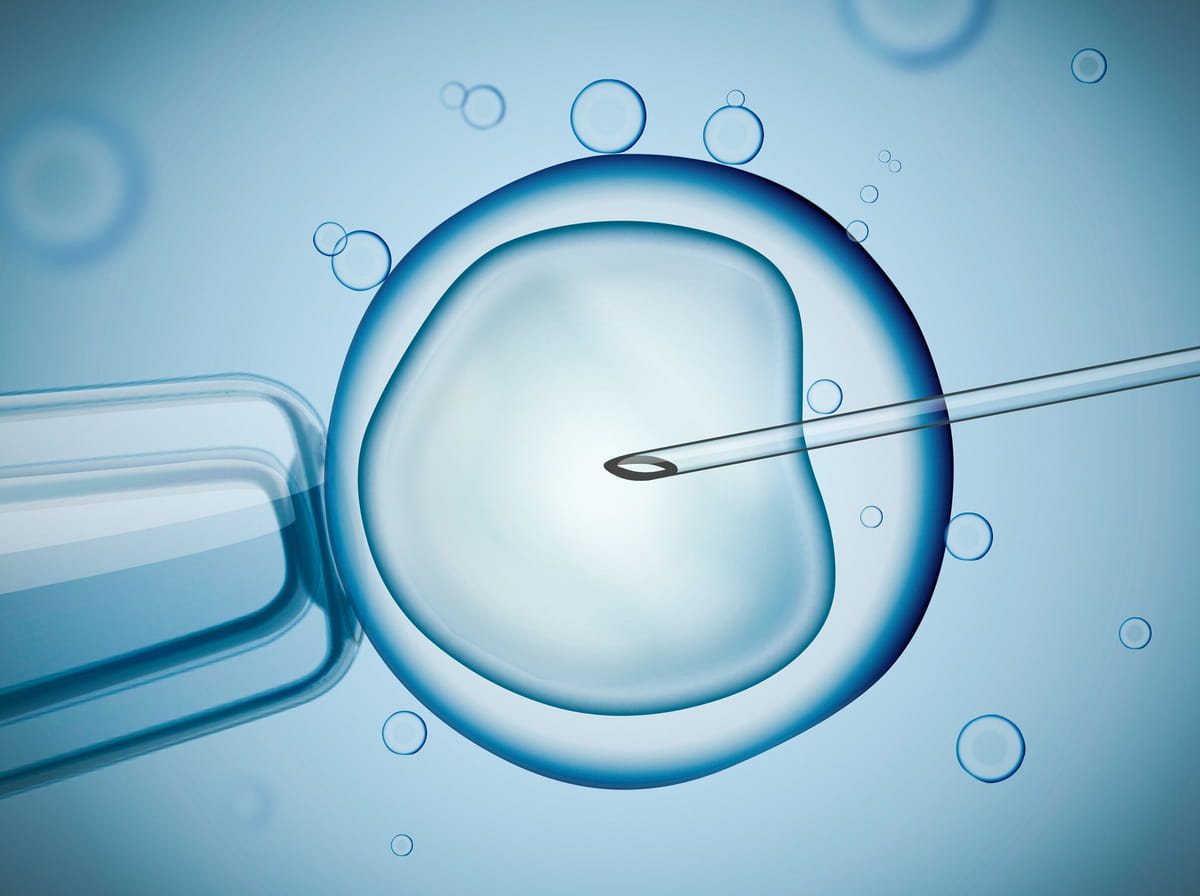

The procedure involves concentrating semen into a small volume and placing it into the uterus to increase your chances of conceiving. Intrauterine insemination (IUI), sometimes known as assisted or artificial insemination (AI), is a process used to place sperm into a woman’s reproductive tract.

Keep scrolling for more information on each of these treatment options, information on choosing a sperm donor, and more! What is an IUI? Luckily, there are many options for same-sex female couples or single moms looking to pursue biological family building. If you haven’t already done so, this is also a great time to schedule a consultation with a fertility specialist, who can help you understand your fertility and plan for your future family. While you’re learning about your fertility baseline, it’s a good time to consider your family building options. These problems are important to note, as they may cause painful menstrual periods or repeated miscarriages. An HSG also looks at your uterus, to make sure it has a normal shape and size and to identify any other adhesions, polyps or fibroids. A hysterosalpingogram (HSG) is a short procedure used to evaluate the status of your fallopian tubes - which carry eggs from your ovaries to the uterus. This can be done at any point in the menstrual cycle.Īnother way that your physician or fertility specialist may measure your fertility is by performing an HSG. Your AMH test result helps doctors determine your chances of becoming pregnant now and in the future.

This blood test is now able to tell women, more easily than ever before, about their potential to become pregnant. An Anti-Müllerian hormone (AMH) test is used to measure ovarian reserve, which can indicate the quality and quantity of your remaining eggs.What is an AMH test? What is Anti-Müllerian hormone? Estradiol is a complementary hormone which is secreted by the ovary and correlates proper time of the FSH test. It is primarily made in and released from the ovaries, adrenal cortex and the placenta, and it is responsible for the growth of the breasts, outer genitals, uterus, fallopian tubes and vagina. Estradiol is the most important form of estrogen.Higher-than-normal levels of LH can indicate several disorders, including ovarian failure and polycystic ovary disease (PCOS). Then, within 24 to 36 hours, ovulation typically occurs. The LH blood test measures the amount of luteinizing hormone, which is also secreted by the pituitary gland.FSH is secreted by the pituitary (a gland in the brain) throughout the menstrual cycle, but on day 3 it should be low - indicating good fertility.

Your FSH level can be used to diagnose or evaluate polycystic ovary disease, ovarian cysts, irregular vaginal bleeding and infertility.


 0 kommentar(er)
0 kommentar(er)
